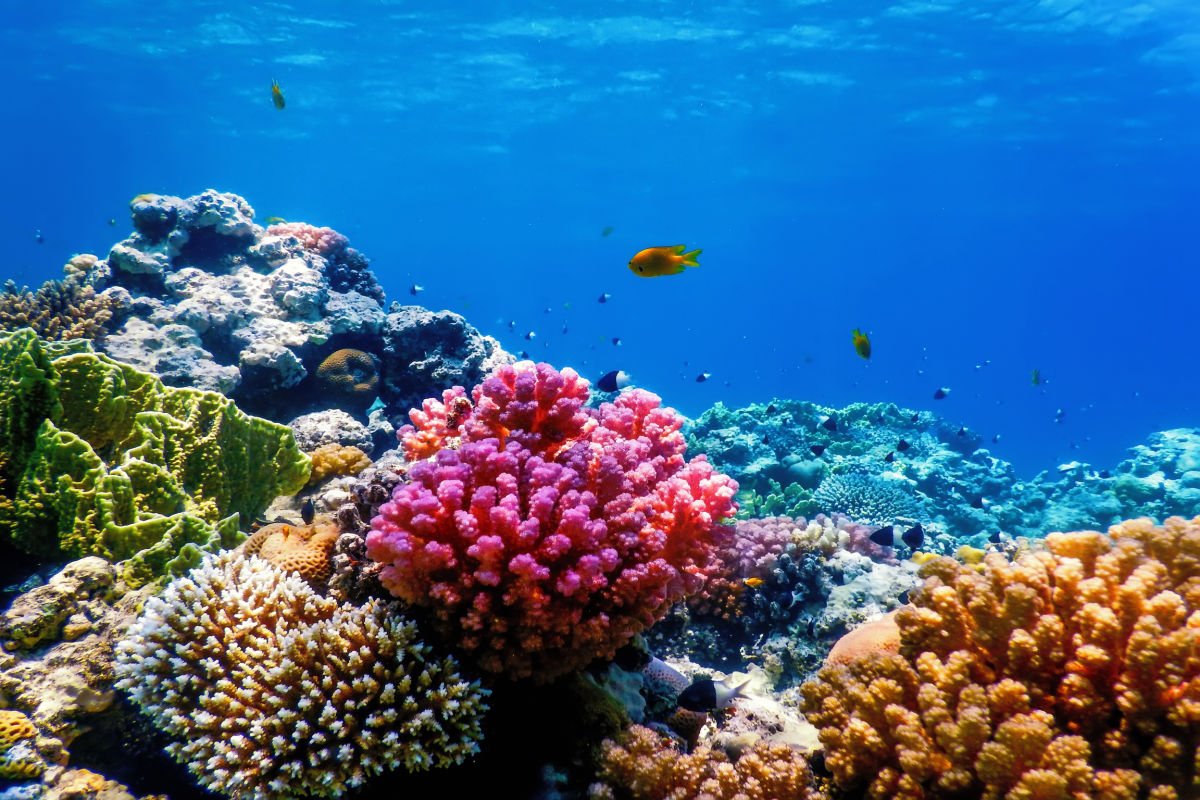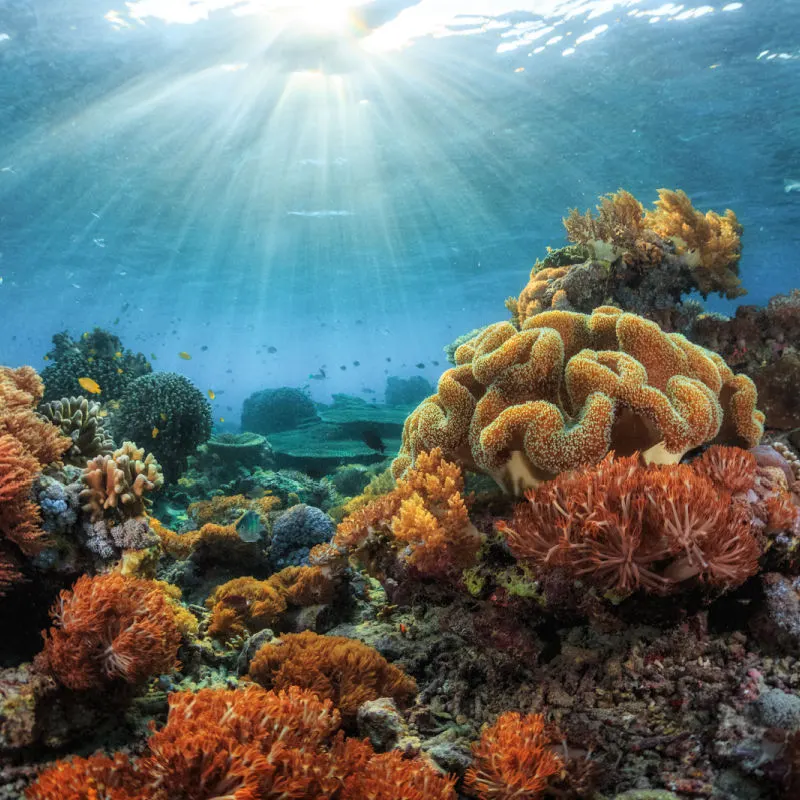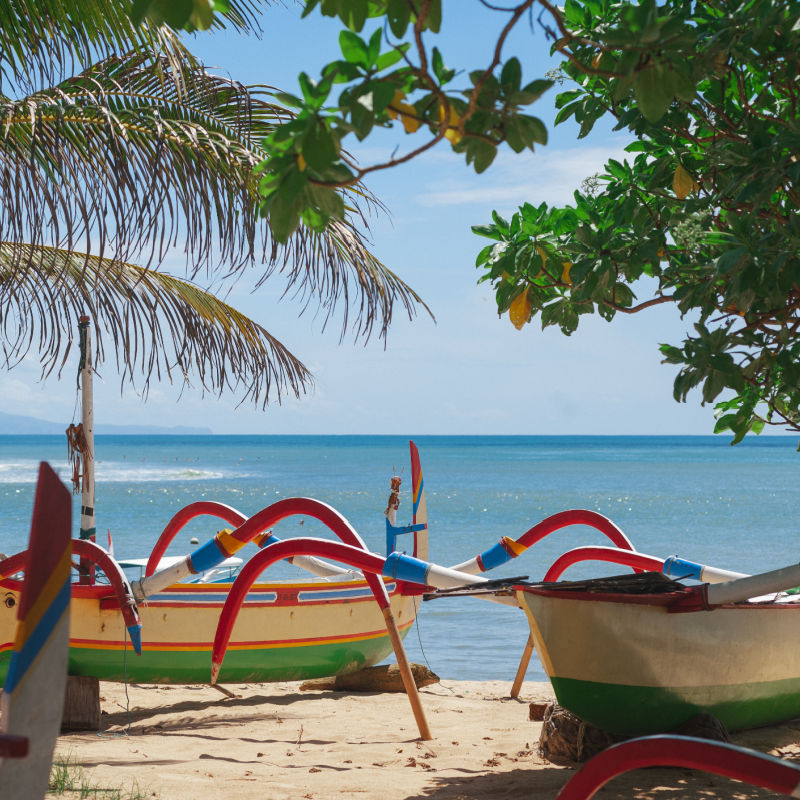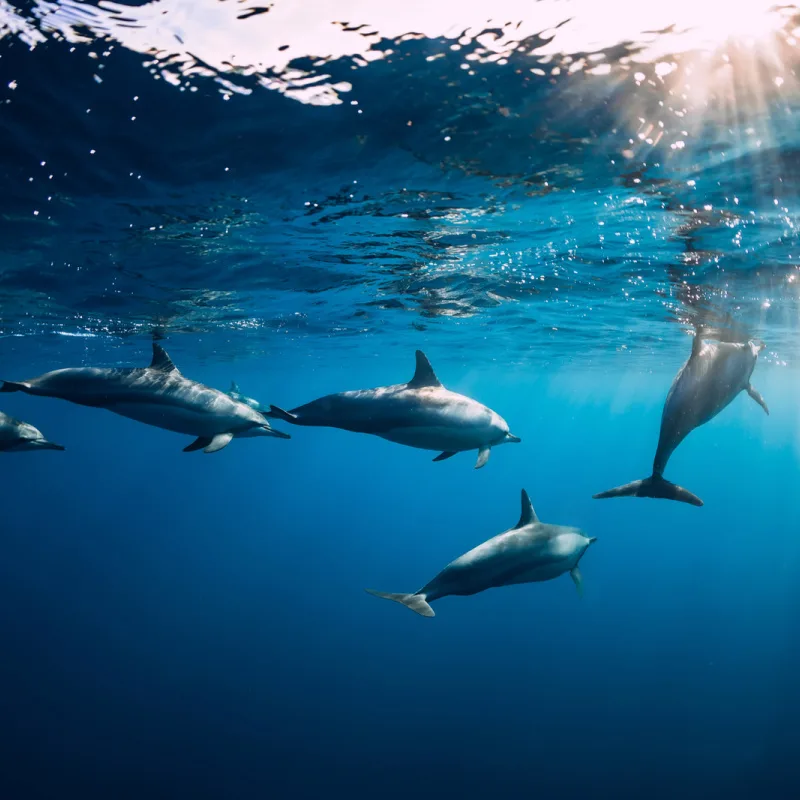Coral reefs are amongst the most endangered ecosystems in the world.
With sea temperatures rising, the fragile coral reef ecosystems of the tropics are at risk of bleaching, dying, and degradation.
As marine and adventure tourism accounts for so much of Bali’s tourism industry’s offerings, and as the ocean is a huge contributor to local livelihoods, communities in North Bali are working to restore the reefs.

The Bali Regional Secretary, Dewa Made Indra, has attended a community reef restoration project in Pemuteran Village in North Bali.
The celebrations were carried out ahead of the upcoming Indonesian Independence Day celebrations.
The coral reef ecosystem off the coast of Pemuteran is one of Bali’s hidden gems in terms of marine travel destinations.
While many areas of the coral reef are intact, a bleaching event has damaged parts of the otherwise pristine ecology to the east of the reef in the Bondalem area of North Bali.
Indra told reporters, “On land, we will carry out tree planting, while in coastal areas to the sea, we will fill it with mangrove planting, beach cleaning, and coral restoration as we are doing.”
The coral reef restoration project is using the tried and tested Biorock method, which has been used throughout Indonesia to help restore even the most damaged reefs.
Local NGO Biorock Indonesia is a pioneer in coral restoration globally.
Indra confirmed that the coral reef restoration area is two hectares in size and has been chosen for its ecological and economic benefits.
Not only does a healthy coral reef ecosystem in North Bali help promote tourism, but it also supports local livelihoods in other ways. A healthy coral reef ecosystem is teaming with fish, which, once healthy stocks have been replenished, can provide a source of sustenance and income for local communities.
Indra added, “The number of tourists visiting this area is increasing, most of whom are interested in enjoying the beauty of the coral reefs.”
In fact, for marine enthusiasts and holidaymakers alike, seeing the Biorock restoration project in action is a really interesting aspect of a snorkeling trip, too.
The Secretary confirmed that the provincial government is going further to support these locally run conservation and tourism-boosting efforts.
Indra told reporters, “The Bali Provincial Government also distributed 500 mangrove seedlings, 100 avocado tree seedlings, and 100 mature coconut tree seedlings.” This was in addition to over a million fish eggs that would be released to help improve fish stocks in the area.
Speaking earlier this month, the Head of the Bali Province Maritime and Fisheries Service, I Putu Sumardiana, explained his plans to increase the size of the protected land and seascapes for conservation purposes in Buleleng Regency.
This will help protect the landscape from further degradation, restore the natural abundance of the area, and ensure that Pemuteran and surrounding hidden gems will remain enjoyable destinations for tourists to explore.

Sumardiana said, “The expansion of conservation is in Buleleng, namely [to include] Pemuteran, Lovina, and Tejakula. We have intensively carried out outreach, then [we will explore options] in Karangasem too.”

While Nusa Penida is the most popular area of Bali Province for snorkeling and diving, closely followed by the east coast, around Amed and Tulamben, leaders want to see sustainable tourism initiatives developed in the north of Bali.
The region is already popular with marine-loving tourists who will already be familiar with Lovina, the coattail resort whose waters are home to a resident pod of spinner dolphins, which can be seen throughout the year.

Following concerns that the sunrise dolphin tour expense was becoming too busy and putting too much pressure on the wild dolphins, local fishermen, boat tour operators, and travel agents agreed to come together to create a series of Standard Operating Procedures to ensure the wildlife was respected and protected and tourists received a memorable and positive experience out on the water.
Remove All Ads & Unlock All Articles… Sign up for The Bali Sun Premium

Plan Your Bali Holiday:
Book The Best English Speaking Drivers For Airport Transfers & Tours
Choose From Thousands of Bali Hotels, Resorts, and Hostels with Free Cancellation On Most Properties
Book Cheap Flights To Bali
Don’t Forget Travel Insurance That Covers Medical Expenses In Bali
For the latest Bali News & Debate Join our Facebook Community
SUBSCRIBE TO NEW POSTS
Enter your email address to subscribe to The Bali Sun’s latest breaking news, straight to your inbox.

Thommo
Saturday 3rd of August 2024
The Coral triangle is a massive area of ocean and its unique bio diversity. Do you think the relative countries and importantly Indonesia have embraced it? Worst polluters in the world (plastic). I've seen blatant illegal rubbish/plastic disposal daily for years and my heart is broken. Some of the concerned few locals just tell me don't give yourself a headache and end up in the asylum. I convey this with someone burning plastic nearby drifting toxically through our house/villa. There's no hope in Indonesia they don't give a fuck.
Randy
Sunday 4th of August 2024
@Thommo, start contributing your knowledge and effort with educating the locals then... The number one enemy is trash in Bali. People from other islands living and working in Bali have no sense of concern with trash. And street dogs would go into trash bags, and they leave of trail of trash. Sigh...
Pk. Gibrahil
Thursday 1st of August 2024
"With sea temperatures rising..."
The official data shows that sea temperatures haven't been rising around Bali, and there is no threat to the corals from that.
The threat to corals is mainly from storms and pollution.
Thommo
Saturday 3rd of August 2024
@Pk. Gibrahil, that is one of the most naive uninformed comments I have ever heard.
Shorty
Thursday 1st of August 2024
Human activity and it's increased presence are the major causes of reef loss.
Anchor damage, petrochemical pollution, tourists sampling, continual visits to the one area rather than rotating and letting areas rest and recover, increased activity such as parasailing, banana boat, dolphin tours...
Add in things such as fish farming, more development on shore which increase pollutants...
A prime example. Nusa Dua, Tanjung Benoa. 30 years ago there was minimal development. The water was clear, the reef was a wonderland. Now? Development and water sports have killed it. You need a shower after a swim to get rid of the petrol smell.
Thommo
Saturday 3rd of August 2024
@Shorty, EColi monitoring doesn't exist over there. It's to precious and would detrimentally affect business to do it and publicise it. The inner water areas there are horrible. First time tourists there just want to have a buzz around on some tacky floating device and carry on as if it's the most incredible experience of their life. Complete naivety.
Firechef
Thursday 1st of August 2024
Finally something useful done!